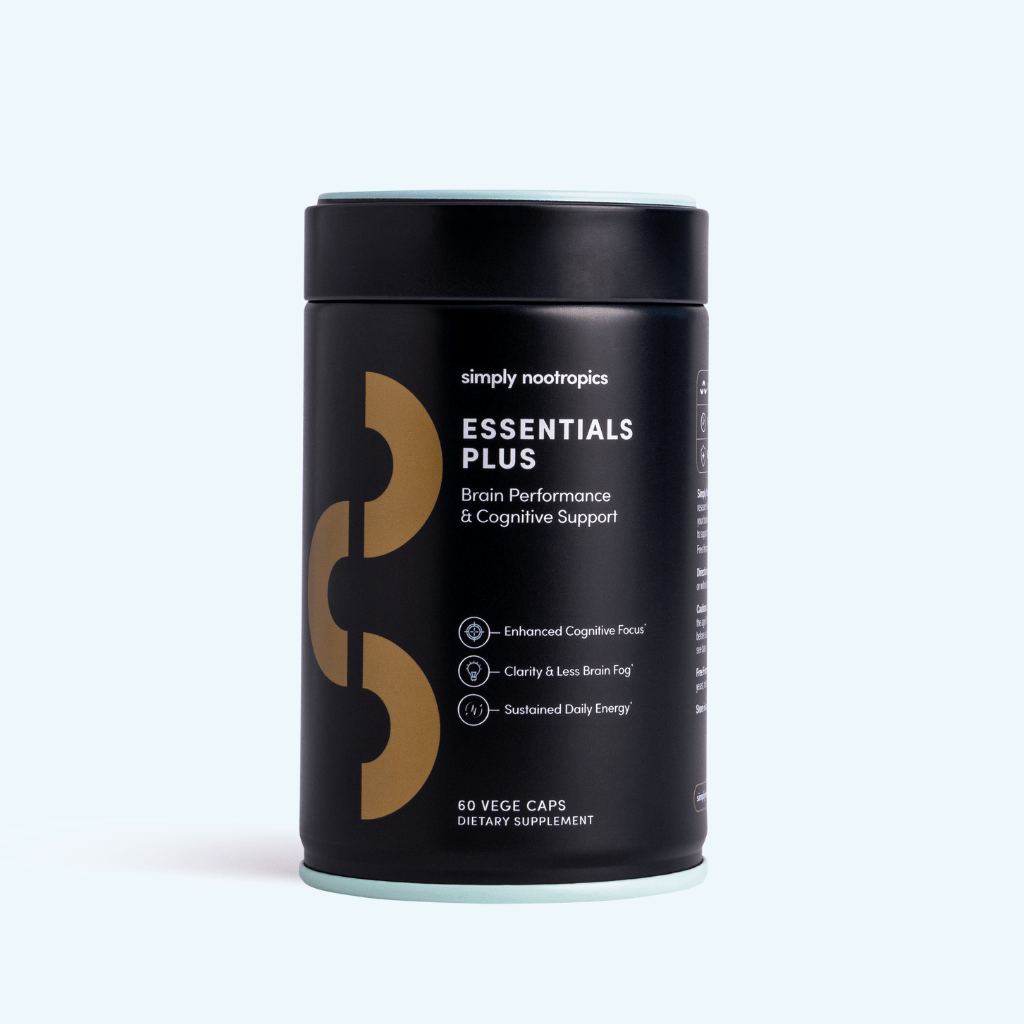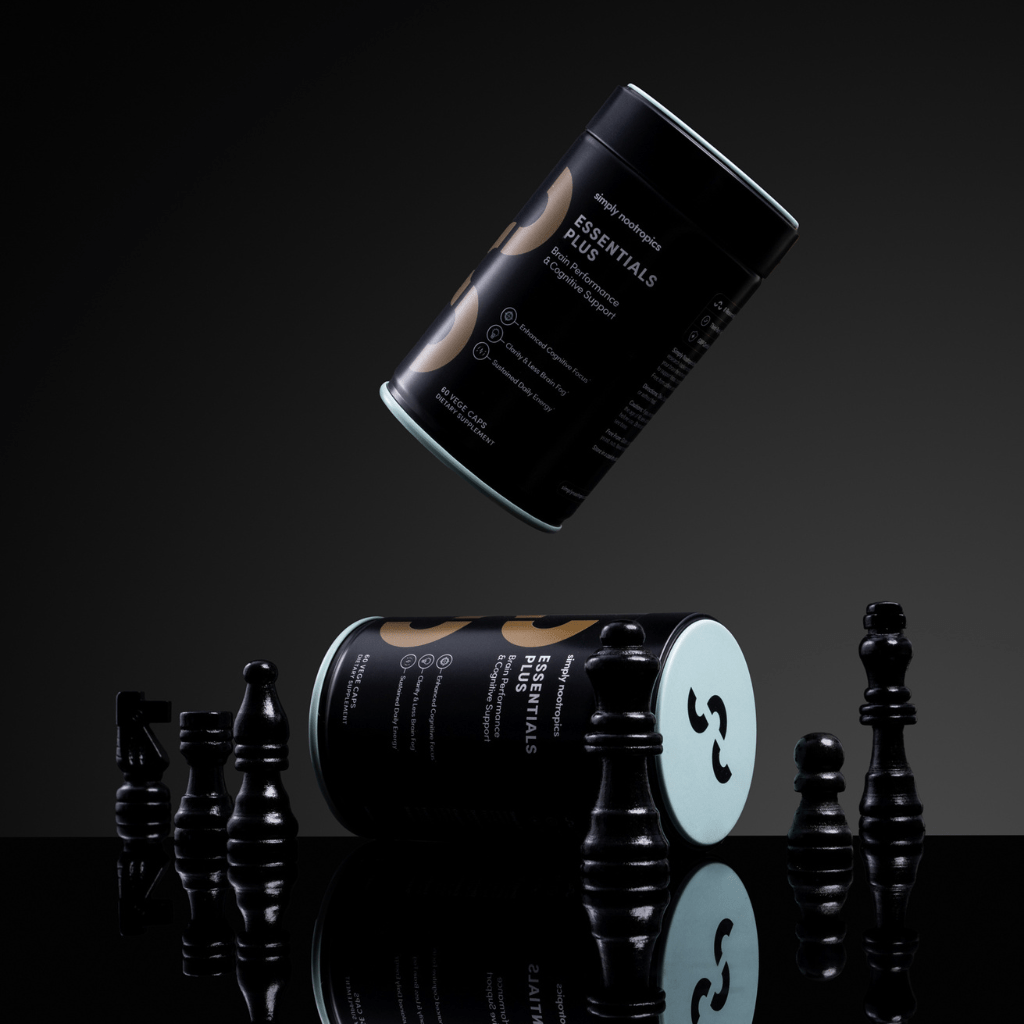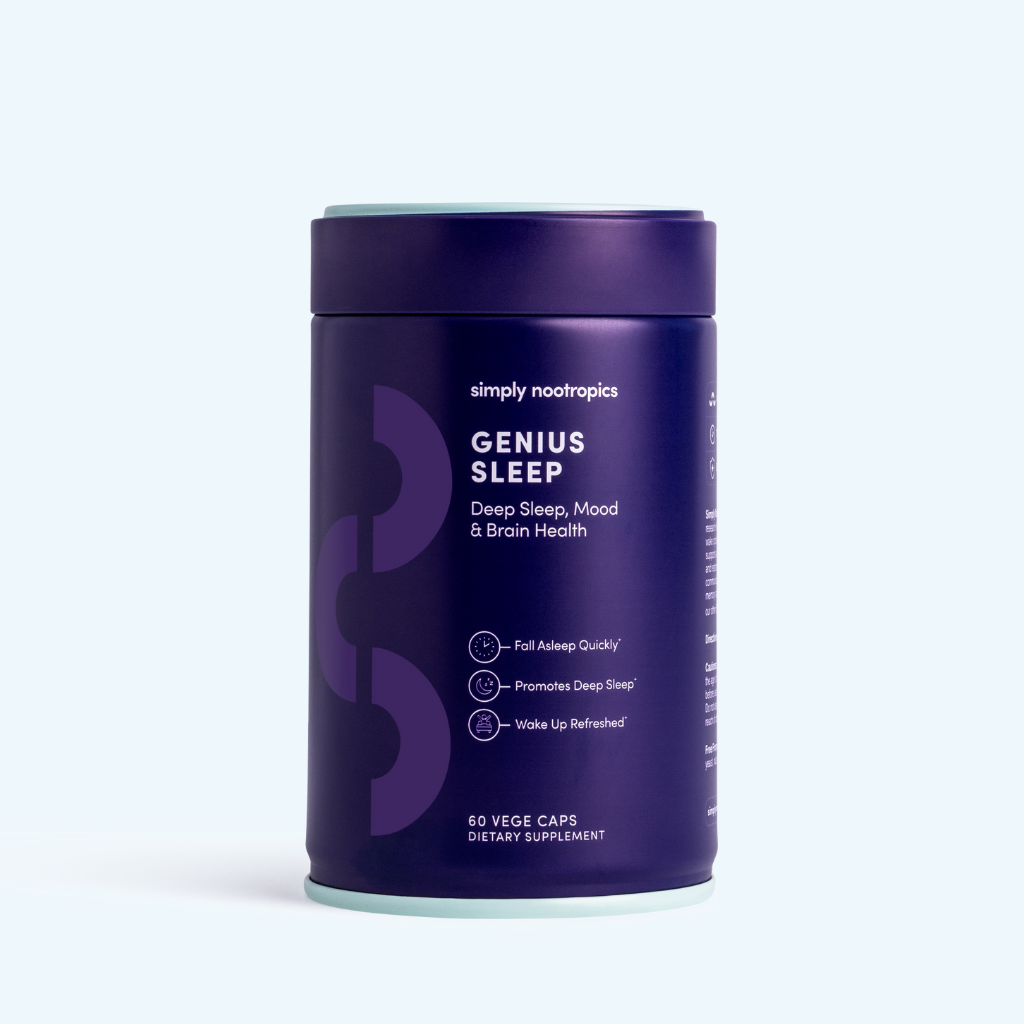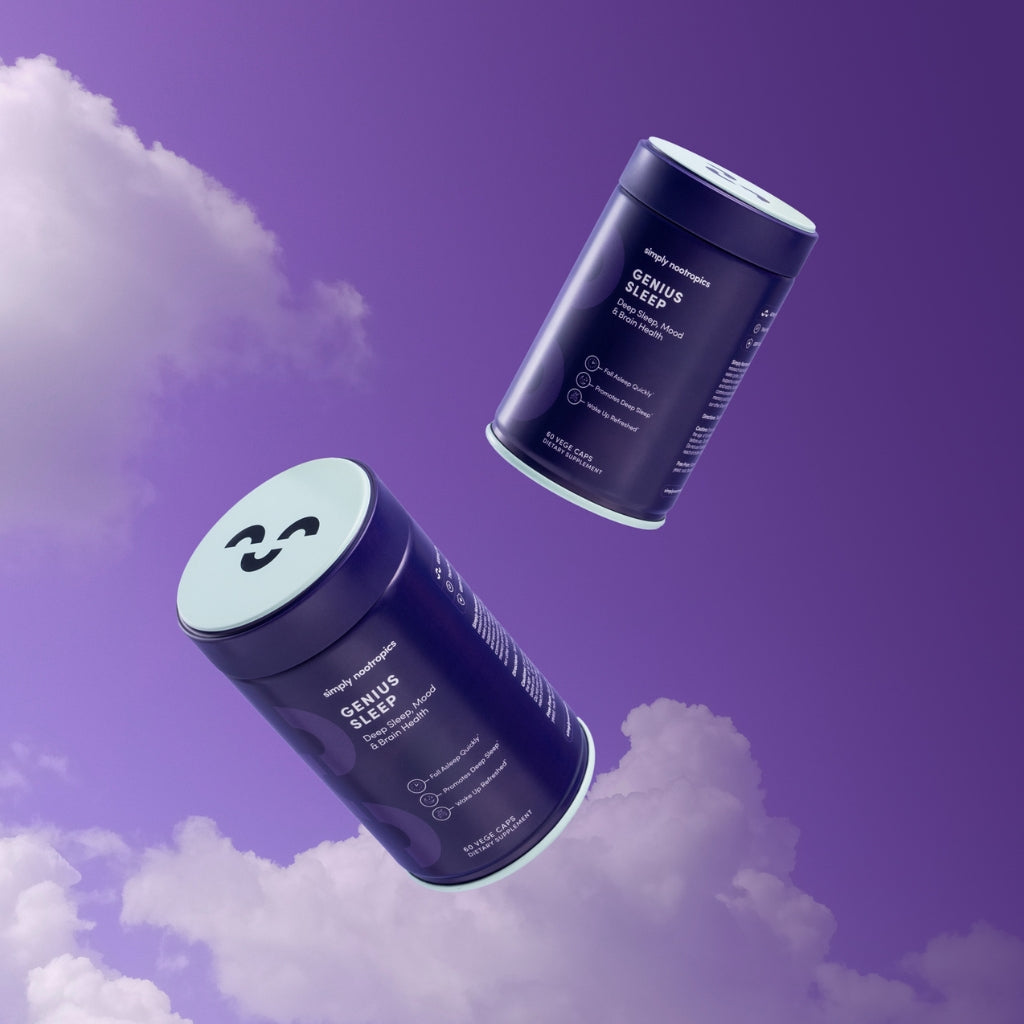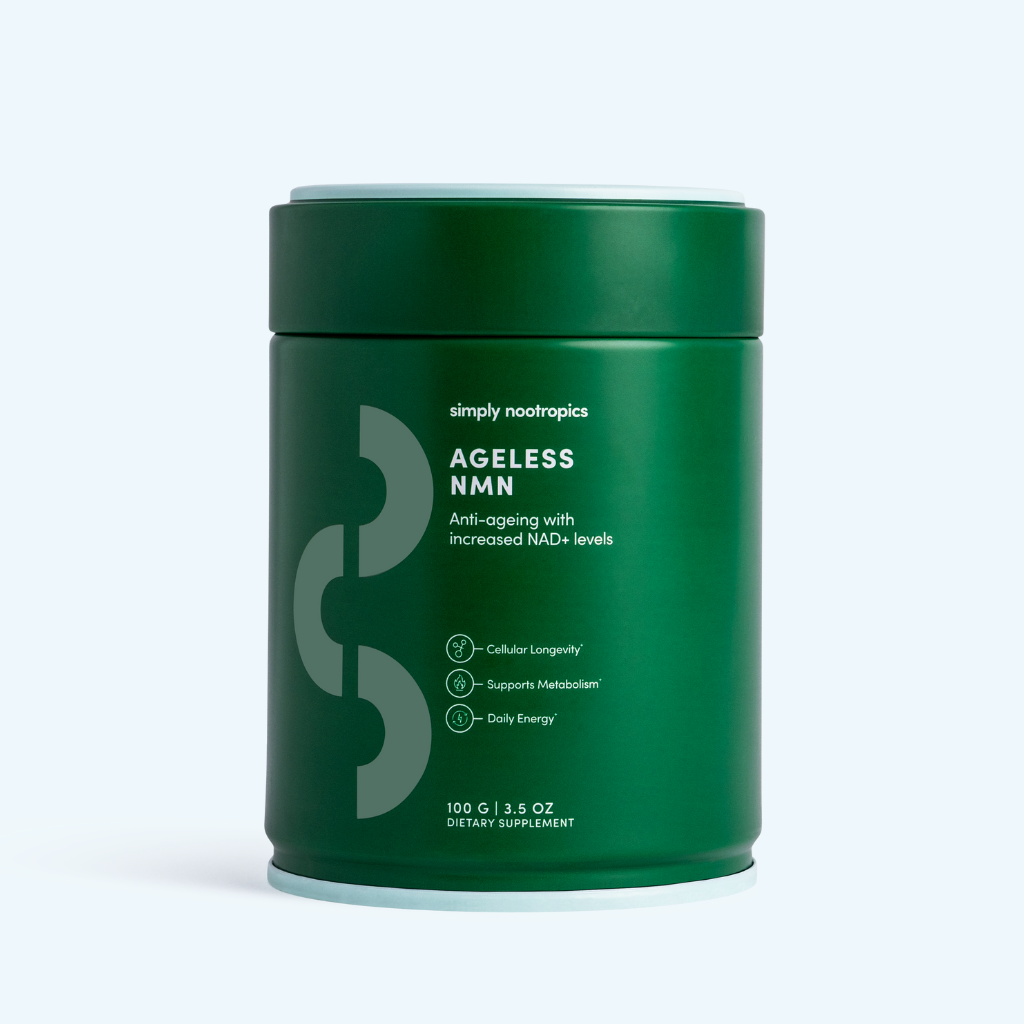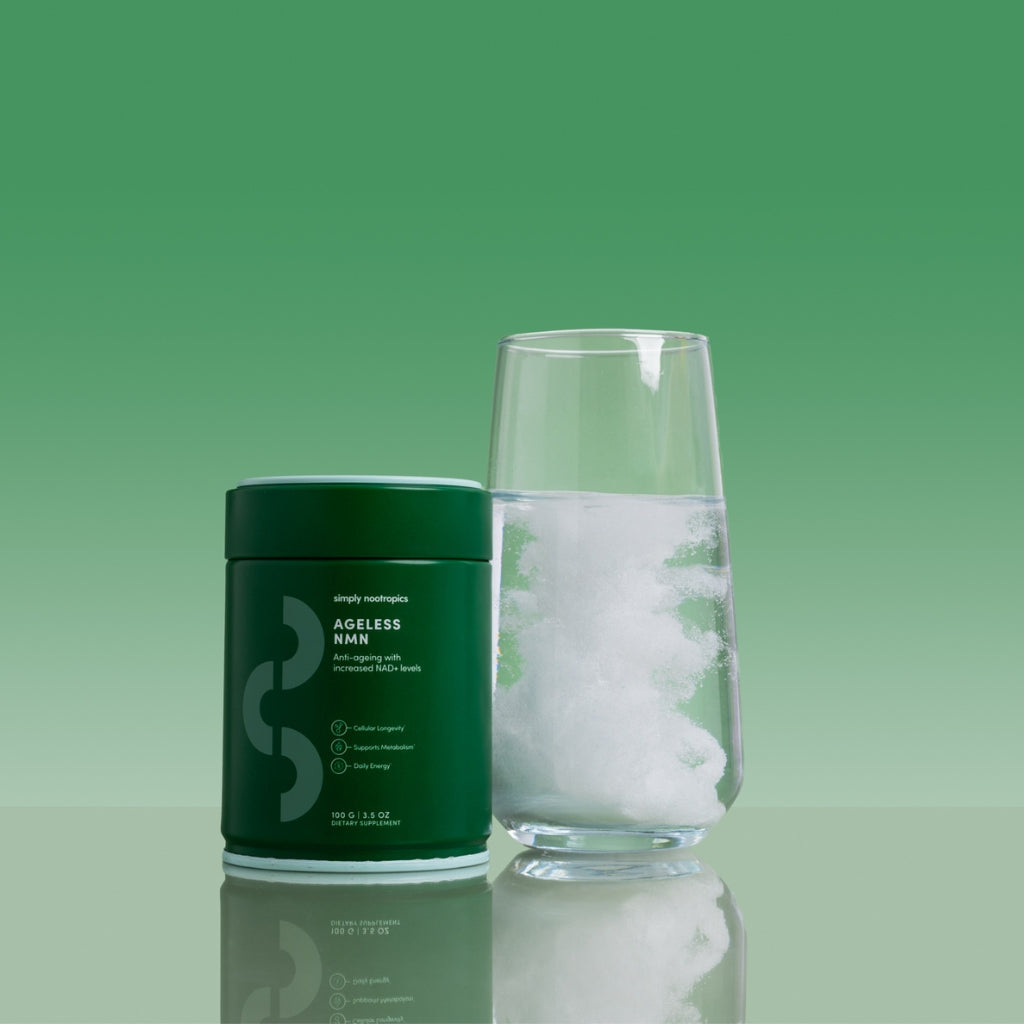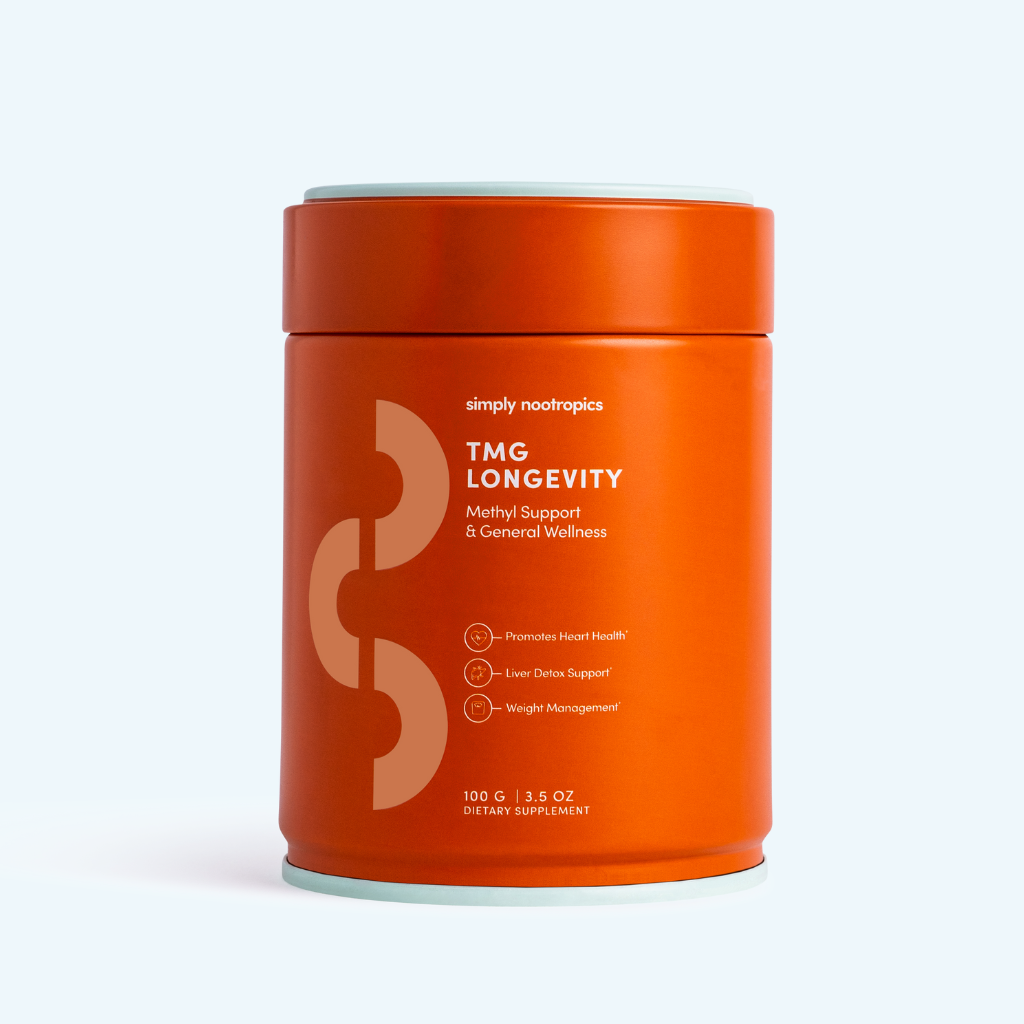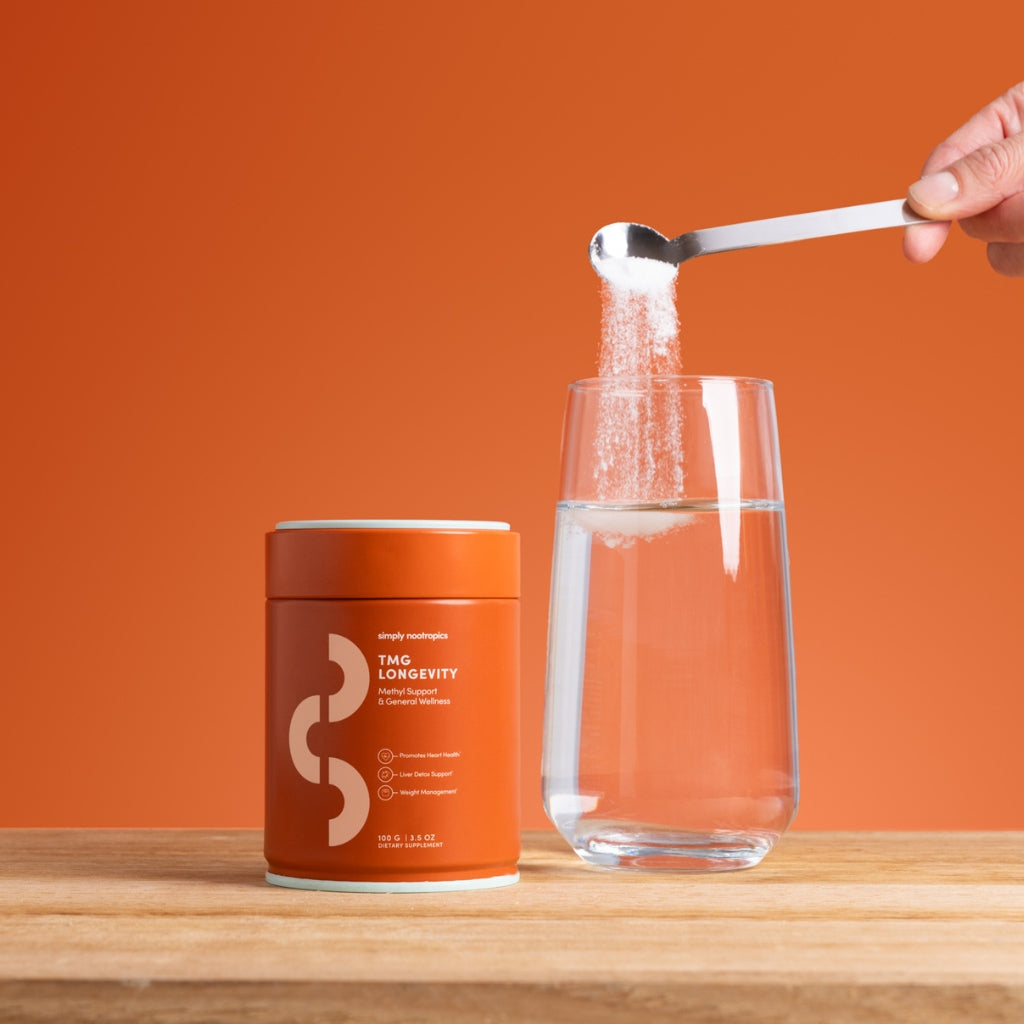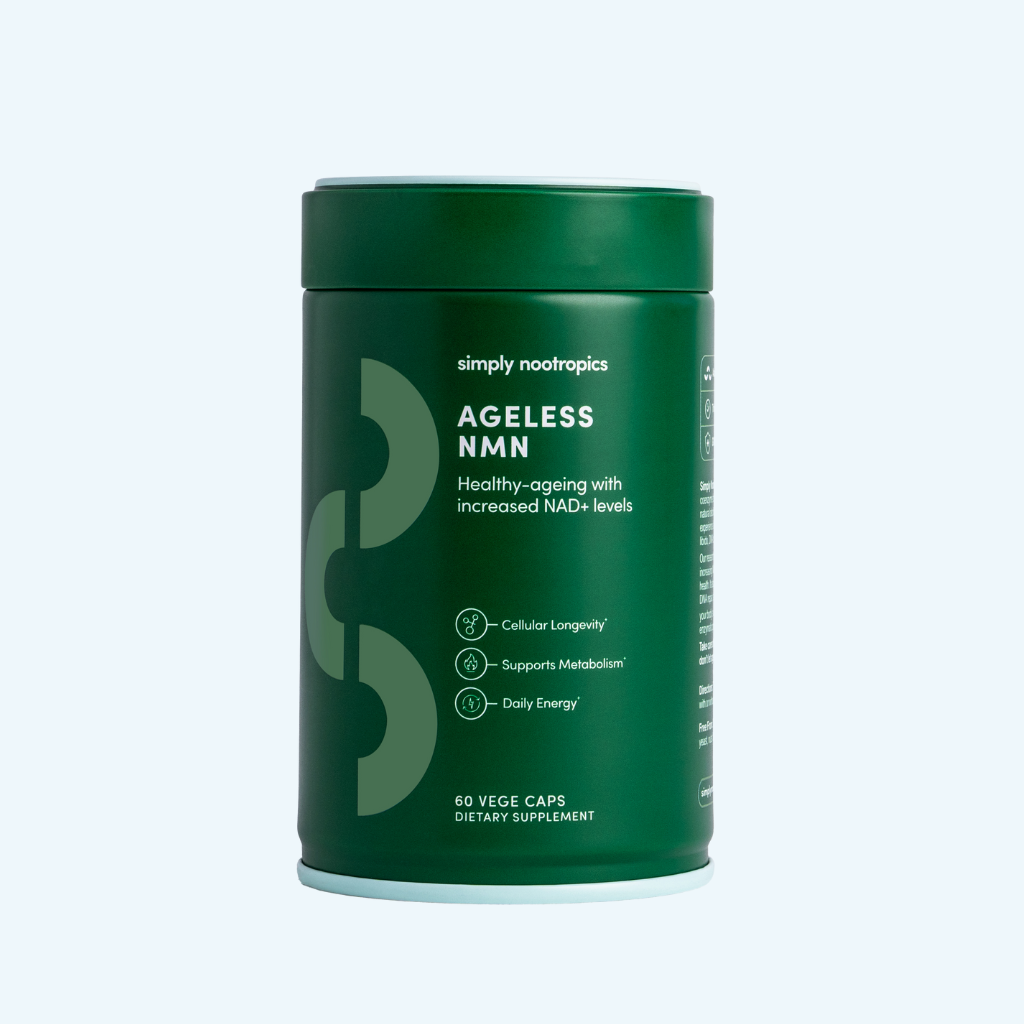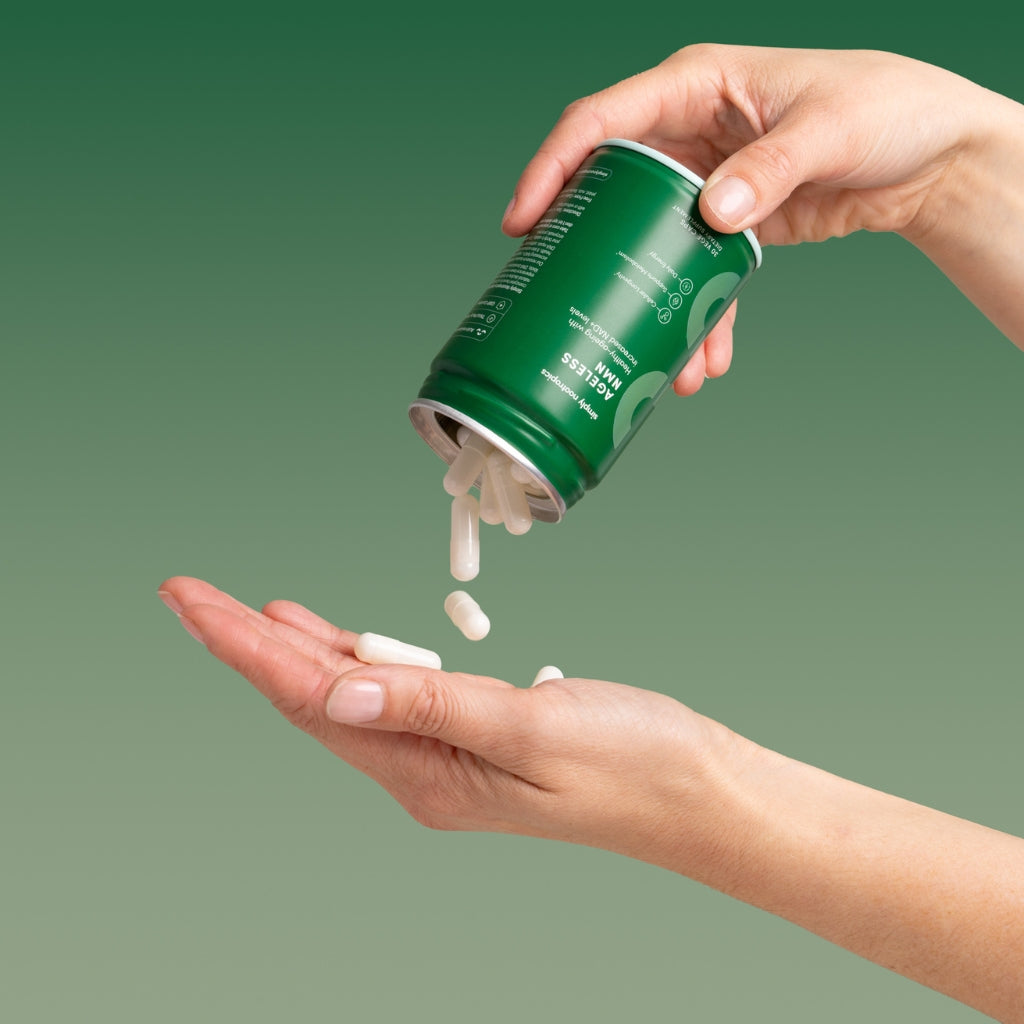Brain fog doesn’t always show up on a scan, but if you’ve felt it, you know it’s real. You can’t find the right words, your focus slips after a few minutes, and everything feels slightly out of sync, like your brain is trying to function through static. It might be a lingering symptom after stress, a long illness, or simply part of a hectic, modern lifestyle, but brain fog is becoming a daily struggle for more people than ever.
While brain fog isn’t a formal diagnosis, it is a set of symptoms that can often be improved, with the right tools, rhythms, and support. And one of the most overlooked tools is cognitive training.
We know we can train muscles, stamina, and flexibility. But what about processing speed, working memory, and focus? The brain is adaptable, but only if it’s being challenged, rested, and supported with the right inputs. This blog explores how brain fog develops, the role of neuroplasticity in reversing it, and how nootropics, lifestyle shifts, and smart training can help lift the fog and improve brain function.
What’s Actually Happening During Brain Fog?
Brain fog isn’t about losing intelligence. It’s about reduced cognitive efficiency: how quickly and clearly your brain can access, process, and respond to information. Several mechanisms can underlie this slowdown:
-
Neuroinflammation: Ongoing low-grade inflammation in the brain can disrupt neurotransmitter signalling and impair clarity.
-
Impaired neuroplasticity: The brain’s ability to adapt and create new connections slows down.
-
NAD+ decline: Cellular energy deficits in neurons can lead to slower synaptic activity and mental fatigue.
-
Dysregulated cortisol: Stress hormones can shrink the hippocampus, the brain’s memory centre.
-
Poor sleep: Without deep sleep, the brain struggles to clear waste and consolidate memory via the glymphatic system.
In short: the brain becomes less responsive. But that doesn’t mean the damage is permanent, even for an ageing brain.
Neuroplasticity: The Brain’s Recovery Mechanism
Neuroplasticity is the brain’s ability to form, strengthen, and prune neural connections. It’s what allows us to recover from injury, learn new skills, adapt to stress, and stay sharp across decades. And crucially, it doesn’t switch off as we age.
When we experience brain fog, it often means that the brain has become inefficient at communication. Neurons aren’t firing in the optimal pattern, or they’re not being supported by the right chemical environment. But with consistent stimulation, combined with recovery, new pathways can begin to take over and you can improve brain function.
Think of it like a neglected hiking trail. If it hasn’t been walked in years, it’s overgrown. But if you start walking it again, consistently, the path reopens. Neuroplasticity works the same way. To "train your brain out of the fog," you need to start walking the mental paths you want to strengthen, while removing the obstacles that created the fog in the first place.
What Does Cognitive Training Actually Look Like?
Cognitive training doesn’t mean doing Sudoku for hours (though that can help). It means deliberately engaging in activities that challenge your ageing brain in targeted ways, including:
-
Working memory drills: Exercises that require you to hold and manipulate information (e.g. digit span tasks, memory games)
-
Processing speed tasks: Timed recognition, problem-solving, or reaction-based challenges
-
Attention-switching tasks: Shifting between tasks or responding to changing stimuli quickly
-
Language and reasoning challenges: Word recall, logic puzzles, or learning a new language
Over time, these activities can help reinforce neuronal connections in key areas of the brain responsible for focus, recall, and mental flexibility. But for the ageing brain to truly adapt, it also needs proper biochemical support.
How Supplements Can Support Cognitive Training
Training an ageing brain that’s foggy is like trying to work out with an energy deficit: it’s possible, but exhausting. This is where specific nootropics and nutrients can help lift the baseline, making training more effective and less draining.
-
CDP-Choline: Supports acetylcholine production, the neurotransmitter involved in learning and memory.
-
L-Theanine: Promotes calm focus, especially when combined with cognitive tasks.
-
Lion’s Mane: A medicinal mushroom shown to stimulate Nerve Growth Factor (NGF), potentially supporting neuroplasticity and recovery.
-
Rhodiola Rosea: An adaptogen that may reduce mental fatigue and improve cognitive endurance.
-
NMN: A precursor to NAD+, which supports mitochondrial energy production in brain cells, helping combat the “slow” feeling of mental fatigue.
These compounds don’t replace the need for cognitive challenge, they create the conditions that make challenge more productive.
Recovery Is Just As Important as Stimulation
The brain doesn’t rewire during work, it rewires during rest. Specifically, during deep non-REM sleep, when the brain consolidates memories, clears metabolic waste, and resets neurotransmitter sensitivity.
To support this and to improve brain function, prioritise:
-
Consistent sleep-wake cycles
-
Magnesium-rich foods or supplements
-
Wind-down rituals that calm the nervous system (breathwork, herbal tea, screen-free time)
-
Adaptogenic support to reduce cortisol spikes
Training the brain out of fog is a cycle of stress and recovery: stimulate, rest, repeat.
When Brain Fog Lingers: Other Factors to Consider
If brain fog persists despite sleep, nutrition, and training, it’s worth exploring:
-
Nutrient deficiencies (B12, iron, omega-3s)
-
Post-viral inflammation or long COVID
-
Hormonal changes, especially in perimenopause
-
Digestive issues affecting the gut-brain axis
-
Toxin exposure (e.g. mould, heavy metals)
In these cases, addressing the root cause can help make cognitive strategies more effective. Brain fog can feel like losing a part of yourself, your sharpness, your drive, your clarity, but it’s not a dead end. The brain is far more adaptive than we give it credit for.
One powerful way to support the process and improve brain function is by replenishing your brain’s cellular energy. NAD+ levels decline as we age, and when your neurons lack fuel, everything slows down, focus, memory, and motivation. Ageless NMN supports healthy NAD+ production, helping restore that lost mental edge from the inside out. Paired with Essentials Plus, a daily blend of nootropic nutrients including CDP-Choline, Lion’s Mane, and Rhodiola, it offers comprehensive support for the clarity, calm, and mental stamina your brain needs to reset.



